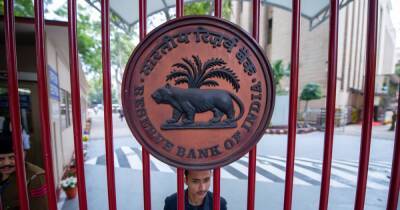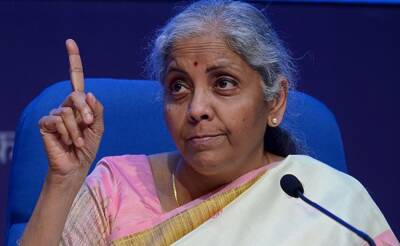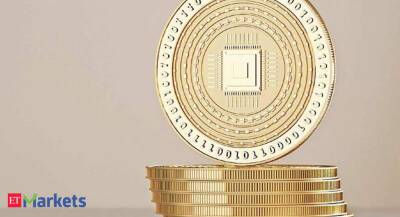Time for govt to use blockchain to unblock services for citizens
By Pratik Gauri, CEO & Founder, 5ire The Indian business ecosystem pinned its hopes on the Union Budget after thousands of small and medium enterprises were severely affected by the ongoing pandemic, especially the devastating second wave and the (diminishing) third wave. Among those who were hopeful were crypto investors and enthusiasts, who feared significant losses due to the uncertainty regarding the stance the Indian government was likely to take on recognising and regulating cryptos. On February 1, those hopes for recognition weren’t dashed as Finance Minister Nirmala Sitharaman announced that digital assets would be doubly taxed in terms of gains as well at the source.
Presented ByDid you Know?
Sunny Leone took the lead among Indian actors to secure her digital assets when she broke the news about her association with NFT, two months back. This made her the first Indian actress to mint NFTs
View Details »However, the government made it clear that while tax regulations would be in place for crypto assets, making the assets a legal tender was out of the question. Which means they will be taxed as any other investment such as gold, however, they cannot be used to make any purchases. The government's decision to not legalise crypto assets raises an important question: is the government wary of crypto assets in particular or of the underlying decentralised technology?Blockchain entrepreneurs and enthusiasts say many initiatives announced as part of the Budget can become much easier to implement if blockchain technology is used. An example is the creation of a digital currency that would be rolled out by the Reserve Bank of India (RBI). Additionally, Sitharaman announced the government's efforts to digitise personal
Read more on economictimes.indiatimes.com






















